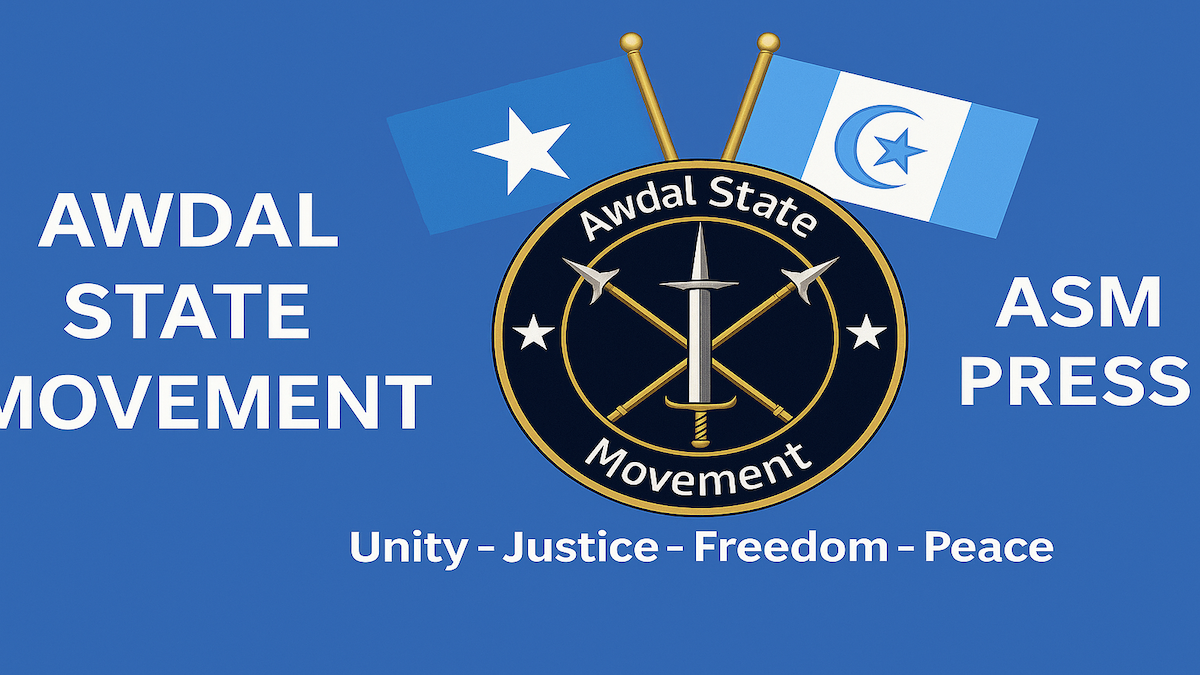Report on the Café de Paris Massacre, Djibouti (1991)

Introduction
The Café de Paris massacre in Djibouti in 1991 remains one of the most tragic and significant terrorist attacks in the country’s history. This report explores the events surrounding the bombing, its immediate impact, and the suspected perpetrators.
The Incident
On December 27, 1991, a powerful explosion tore through the Café de Paris, a popular establishment located in Djibouti City, frequented by both locals and expatriates. The explosion occurred during a busy time when the café was filled with customers, resulting in a significant loss of life and injuries. The bomb, which was planted within the café, claimed the lives of 13 people and left several others injured. Most of the victims were civilians, though the café was also known to host foreign nationals and military personnel stationed in Djibouti.
Immediate Aftermath
Emergency services responded swiftly to the scene, but the devastation was extensive. The explosion not only caused fatalities and injuries but also widespread destruction to the surrounding area. In the hours following the attack, panic spread throughout the city as authorities launched an investigation into who was responsible for the bombing.
Who Was Behind the Attack?
The Front for the Restoration of Unity and Democracy (FRUD), an armed opposition group, is widely believed to have orchestrated the bombing. FRUD had been engaged in a conflict with the Djiboutian government over ethnic and political tensions in the country, particularly surrounding issues of Afar marginalization in a predominantly Issa Somali-led government. The Café de Paris bombing was seen as part of a wider campaign of violence aimed at destabilizing the government and drawing international attention to FRUD’s cause.
- FRUD’s Agenda: FRUD, composed primarily of members of the Afar ethnic group, sought to challenge the government dominated by the Issa clan. The group aimed to gain greater political representation and autonomy for the Afar people, who felt excluded from power structures. The bombing was intended to send a clear message to the government and its foreign allies, particularly France, whose military presence in Djibouti was seen as bolstering the government’s authority.
Suspected Role of External Actors
There were also suggestions of involvement by external actors. Djibouti’s strategic location on the Horn of Africa made it a focal point for international military interests, particularly those of France, the U.S., and regional powers. Some reports at the time suggested that the attack may have been linked to broader geopolitical tensions, though concrete evidence of foreign involvement has not been substantiated.
Government Response
In the aftermath of the bombing, the Djiboutian government vowed to bring the perpetrators to justice. A nationwide manhunt was launched to track down those responsible, and several arrests were made. However, despite the government’s efforts, the case remains somewhat shrouded in mystery, with the full details of the planning and execution of the attack never fully uncovered.
Impact and Legacy
The Café de Paris massacre had a profound impact on Djibouti’s national security policy and its relations with the international community. The attack heightened tensions between ethnic groups within the country, and it underscored the challenges facing Djibouti’s leadership in maintaining stability. It also strained relations with France, which maintained a large military presence in the country.
In the years following the attack, Djibouti’s government intensified efforts to combat insurgent groups like FRUD, eventually reaching a peace agreement in 1994, which led to FRUD’s partial integration into the political system.
Conclusion
The 1991 Café de Paris bombing in Djibouti was a tragic event that marked a turning point in the country’s internal conflict. While FRUD is believed to have been behind the attack, the full scope of the operation and its connections to broader geopolitical tensions remain unresolved. The massacre left a lasting impact on Djibouti’s political landscape and continues to serve as a reminder of the country’s struggles with insurgency and ethnic tensions during that period. https://www.facebook.com/victimescafedeparis/?locale=ms_MY









